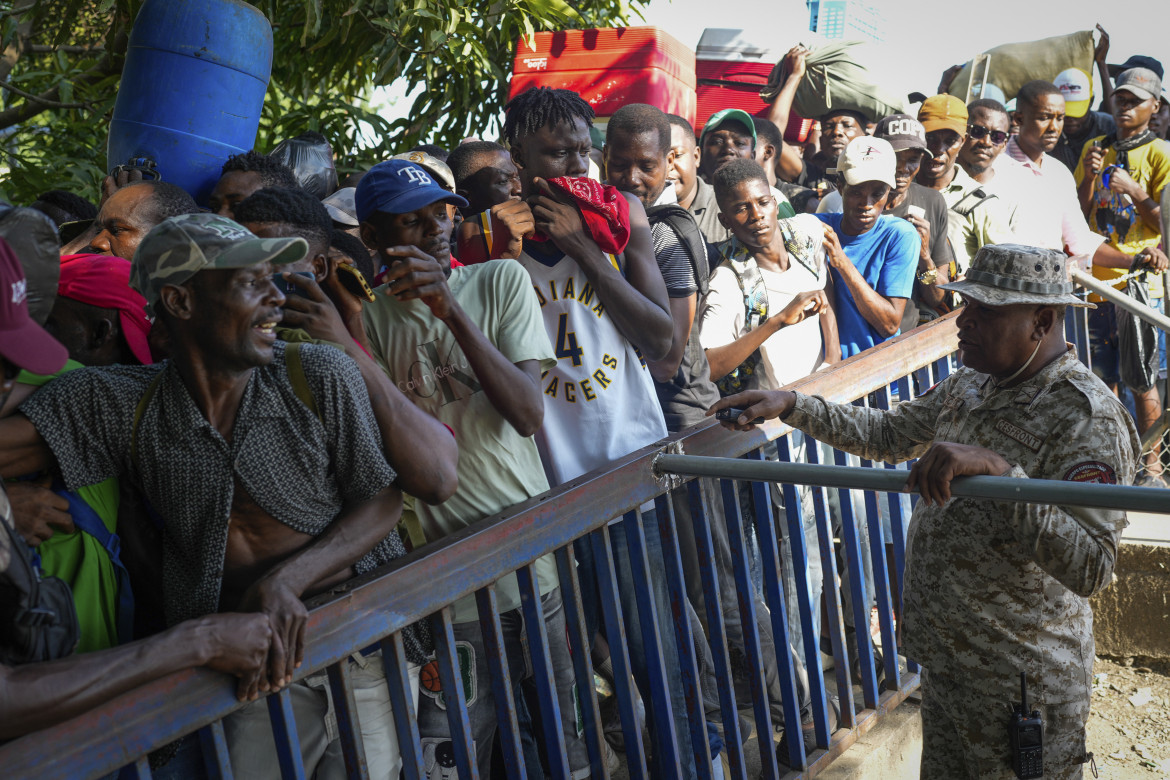Analysis
Abinader easily re-elected in the Dominican Republic on an anti-Haitian politics
Abinader owes his high approval ratings most of all to the policy of combating immigration. In the election campaign, Abinader promised to finish a wall with Haiti as soon as possible.

Incumbent President Luis Abinader of the Modern Revolutionary Party (PRM), with the support of 61 percent of prospective voters, won Sunday’s presidential elections in the Dominican Republic. The other leading candidates were far behind, with three-time president Leonel Fernández of the People’s Force at 20% and lawyer Abel Martínez of the Dominican Liberation Party with 10%.
Abinader owes his high approval ratings most of all to the policy of combating immigration – one that is very popular everywhere and at all times, but all the more so now in the Caribbean country, which happens to share the island of Hispaniola with Haiti, the poorest and most turbulent country on the continent. Abinader’s country has a much better economic situation: the Dominican GDP per capita is about $10,000, thanks mainly to tourism-related investments, while the Haitian GDP is just over $1,700.
Thus, to protect the Dominican population (and the beaches, resorts, and golf courses) from migratory flows from the neighboring country, as well as from the risk of criminal gang encroachment, Abinader has not only increased forced deportations – 225,000 people removed to Haiti in 2023 – but has also started, since February 2022, the construction of a fortified wall along the 392-kilometer border, touted as a project that “will change the Dominican Republic forever.” However, so far it doesn’t seem to be stopping drug and arms trafficking or even fully preventing the entry of Haitians, who still manage to cross the border by bribing the guards.
In the election campaign, Abinader promised to finish the wall as soon as possible, which is music to the ears of the locals: according to a recent Greenberg-Diario Libre poll, 62 percent of the population considers immigration to be a problem, and as many as 79 percent approve of the decision to close the country’s border. About a million Haitians are already in the Dominican Republic, exploited, heavily discriminated against and easily blackmailed with the threat of deportation.
Abinader had a curt response to the UN’s demand to stop the deportations in the face of the ongoing catastrophe in the neighboring country: “We will not and cannot do that. I think it is the UN that has to act. We have been saying for more than three years that Haiti is sinking into chaos. You cannot ask the Dominican Republic now to solve the problem.”
Nor is the president willing to authorize setting up refugee camps on account of the 350,000 internally displaced persons in recent months: “Haiti has two islands, Gonâve and Tortuga, which it can use for that purpose.” Instead, he is very much looking forward to the imminent deployment to Haiti of the Kenyan-led multinational security force: a mission authorized by the UN Security Council as early as October 2023, wanted by the United States at all costs and cast by Abinader as “a success of Dominican diplomacy.”
And it’s not just on this point that Abinader’s government has shown itself to be in line with North American interests: its subservience to the United States – shown, to take just one example, by the participation of the U.S. Army’s Southern Command in the national police’s anti-drug operations – is matched only by its pliable attitude toward big business. These three elements – the war on migrants, a pro-U.S. foreign policy and a neoliberal model – were also shared by the other two candidates, beyond their superficial differences, such as Fernández’s insistence on reactivating economic growth and Martínez’s lament of the plight of the “hundreds of thousands of Dominicans who don’t know what they will eat tomorrow.”
Leftist organizations in the country were left with no choice but to refuse to go to the polls altogether, aiming instead to strengthen extra-institutional struggles. This is the position of the Movimiento Caamañista, determined to boycott the electoral process so as not to legitimize “a fraudulent institutional system.”
Originally published at https://ilmanifesto.it/repubblica-dominicana-abinader-verso-il-bis-sulla-pelle-degli-haitiani on 2015-10-08
